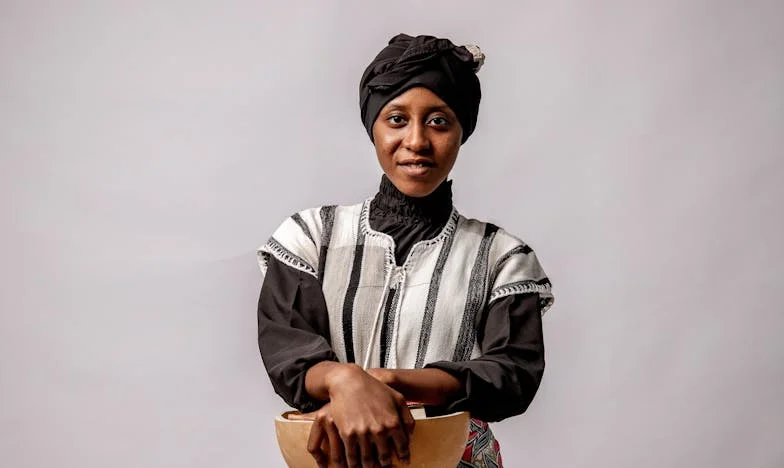Understanding the Psychology Behind Honor Killings: Insights and Real-Life Cases
Honor killings, a form of extreme violence where individuals (usually women) are murdered by their own family members for allegedly bringing shame upon the family, are a complex phenomenon rooted in cultural traditions and psychological dynamics. These killings are often driven by deeply ingrained beliefs about honor, purity, and the social expectations of behavior. Understanding the psychology behind honor killings requires an exploration of the interplay between individual psychologies, family dynamics, and broader societal norms.
One poignant example is the story of Ariana, a young woman from a community where family honor is highly valued above individual desires. Ariana fell in love with Sean, a man outside of her cultural and religious community. When her family discovered their relationship, they felt that Ariana had brought disgrace to their name. The psychological mechanism at play here involves the cognitive dissonance experienced by her family members. They were torn between their love for Ariana and their ingrained beliefs about honor and social acceptance. Tragically, the resolution for some family members was to eliminate the source of the dissonance—Ariana herself.
In another case, Ruby, a teenage girl, was seen talking to a male classmate, Timothy, which was perceived as inappropriate behavior by her conservative family. Despite the innocence of the interaction, the mere perception of impropriety led to catastrophic consequences. This scenario highlights the role of “perceived threat” in the psychology of honor killings. Ruby’s family perceived a threat not just to their social standing but to the very ideals they lived by. The psychological response to this threat often involves aggressive actions to reassert control and reestablish the family’s standing within their community.
Vincent, a cultural psychologist, explains that in societies where honor killings occur, honor is often viewed as a collective family asset, more valuable than individual life. The fear of losing this ‘asset’ can trigger extreme protective measures from the family. This is compounded by a phenomenon known as “moral cleansing,” where the act of killing is seen by the perpetrators as a necessary evil to cleanse the family name of dishonor.
Aubrey, a family psychologist, points out that the perpetrators of honor killings often do not act out of pure malice but from a misguided sense of duty and love. They believe that their actions are justified to protect the family from further shame. This twisted perception is often supported and reinforced by the community, creating a cycle of validation for the wrongful act.
To combat honor killings, it is crucial to address the underlying psychological and cultural factors. Education plays a pivotal role in changing perceptions about honor and individual rights. Programs aimed at promoting gender equality and respect for individual choices can help shift the cultural narratives that support such practices.
Moreover, legal frameworks need to be strengthened to protect potential victims and to deter perpetrators by demonstrating that such acts are unacceptable and punishable by law. Psychological support should also be made available to families to help them deal with issues of honor and shame in non-violent ways.
In conclusion, the psychology of honor killings is deeply intertwined with cultural norms and family dynamics. By understanding these psychological mechanisms, we can better address and prevent these tragic incidents, ensuring that love and individual rights are respected over misplaced notions of honor.
This exploration into the psychology of honor killings not only sheds light on the tragic consequences of rigid cultural norms but also emphasizes the need for comprehensive approaches that include education, legal action, and psychological support to prevent such practices and protect vulnerable individuals.
